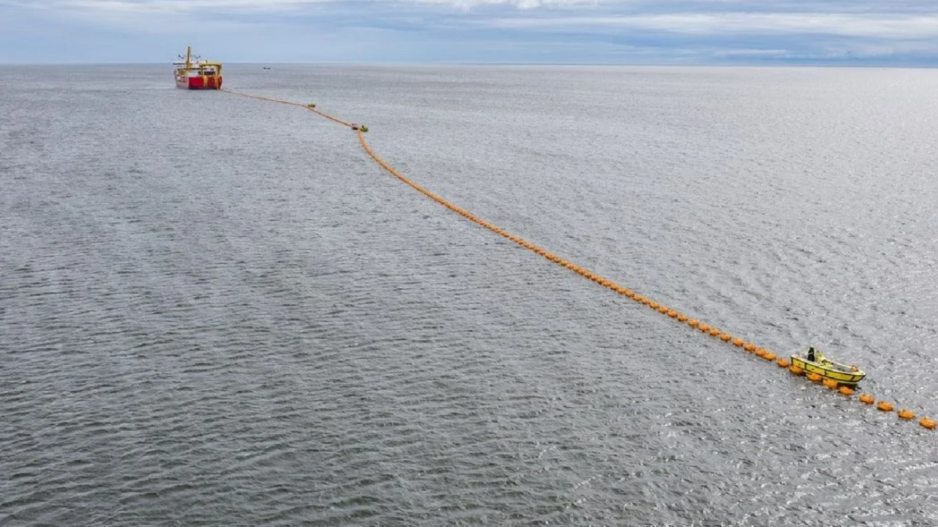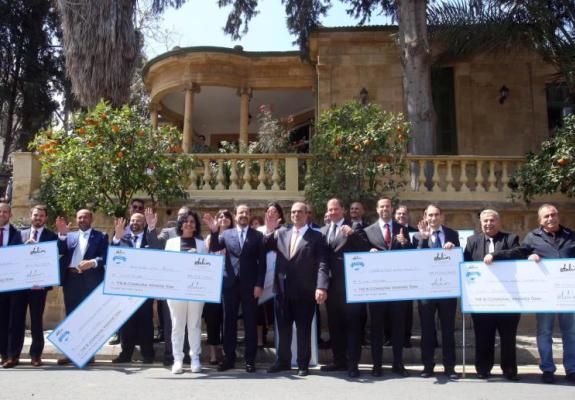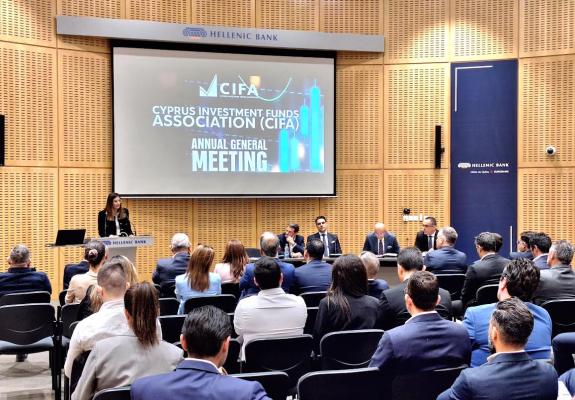Cyprus Seeks €100 Million EU Loan for Participation in the Great Sea Interconnector
Minister of Energy Confirms European Approval for Cyprus' Investment in Major Energy Project
The Republic of Cyprus is set to draw €100 million from the Recovery and Resilience Facility for its participation in the Great Sea Interconnector project. Energy Minister Georgios Papanastasiou, in a statement to Brief, revealed that the request for a low-interest loan of €100 million has been approved by European authorities.
"These €100 million have been secured as a loan from the Recovery and Resilience Facility for the Republic of Cyprus, and we are awaiting the final investment decision for appropriate utilization," he stated.
Interestingly, European authorities have granted Cyprus the option to use this amount not just as a contribution to the project, but also for acquiring equity capital.

Despite securing the €100 million for Cyprus’ participation in the project, some steps remain pending, as certain studies need to be completed before the final investment decision can be taken.
Once this decision is made – following a preliminary agreement – ADMIE-IPTO will proceed with establishing a company in Cyprus, issuing equity capital worth €300 million.
Post the issuance of equity capital, interested parties can become shareholders based on the amount they invest. For instance, if the Republic of Cyprus utilizes the entire €100 million, it could acquire up to 33% stake.
Furthermore, various investment funds, including the United Arab Emirates Investment Fund, have shown interest in the project. Meanwhile, ADMIE-IPTO, as the project’s administrator, might aim to retain a 33.34% stake to ensure majority control.
Despite the green light from the Council of Ministers for Cyprus' participation, approving an initial €100 million, the involvement is contingent upon three conditions set by Makis Keravnos. These include an updated feasibility study to assess all relevant aspects of the project, including economic, technical, and legal factors, to determine the likelihood of successful completion.
As sources informed Brief, multiple factors, such as the project's cost and investment return - whether it yields sufficient revenue - are crucial to its viability.
The feasibility study will also enumerate the project's pros and cons before Cyprus invests capital, providing decision-makers with critical information to avoid risky business ventures.
Furthermore, the Finance Minister requests a Cost-Benefit Analysis, an economic assessment tool used to compare the expected benefits of proposed investments/projects against associated costs. It helps the government determine the alternative with the highest net benefit (benefits minus costs). The greater the benefits exceed the costs, the more the final users will benefit from the project's implementation or policy decision.
Additionally, the company's shareholder structure is of importance. The Minister wants to know who will participate in the project, their respective shareholdings, and their reliability as partners.
The government's only commitment to the project, thus far, is its inclusion in the Resilience and Recovery Plan with €100 million, conditional upon:
-
The Implementing Body securing a grant for the construction work from the "CEF" mechanism and financing approval from the European Investment Bank or other financial institutions.
-
The Republic of Cyprus appointing a project manager to monitor the progress and submit progress reports to the Council of Ministers.
-
The appointment of two representatives from the Republic of Cyprus, one each from the Ministry of Commerce and Industry and the Ministry of Finance, to the Implementing Body's Board of Directors.
-
The investment return of the Republic of Cyprus being transferred to consumers through reduced electricity prices.
The Great Sea Interconnector (formerly EuroAsia) involves connecting the electricity transmission networks of Cyprus, Israel, and Greece through underwater cables, with a capacity of 2,000 MW. The first phase will connect Cyprus with Crete, followed by a second phase extending to Israel. The project aims to end Cyprus' energy isolation, leading to reduced electricity costs.
According to the Energy Minister, the first link with Crete involves an 879 km electric cable, while the connection with Israel will be approximately 350 km.
The initial work is expected to begin in 2024 and will take around five years to complete.
The project is estimated to cost €1.9 billion.






